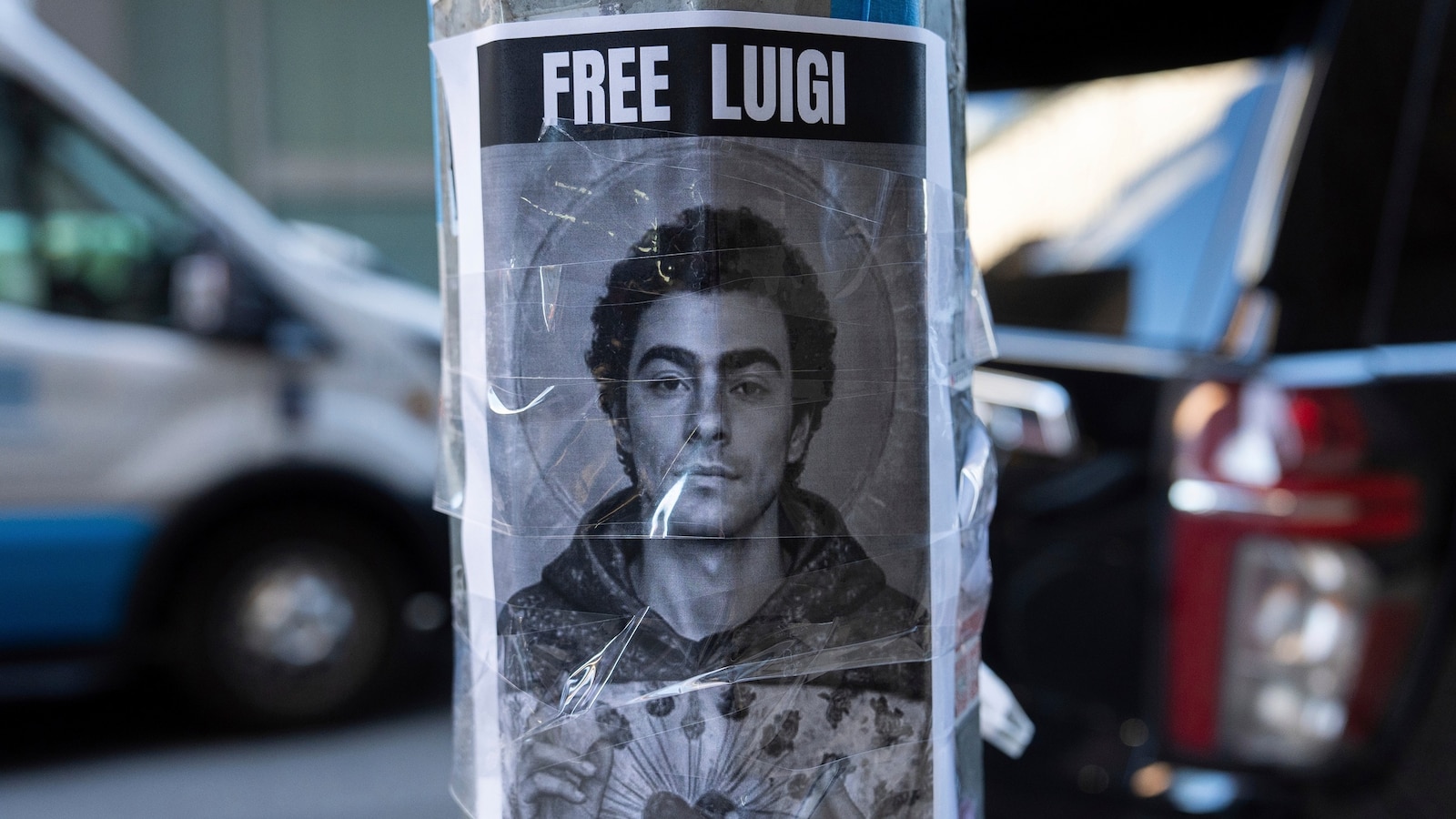Less than two weeks after UnitedHealthcare CEO Brian Thompson was gunned down on the streets of midtown Manhattan, his alleged assassin Luigi Mangione has been greeted not by universal condemnation for the brazen violence — but rather, a surge of enthusiastic support online for his so-called vigilante justice.
The Center for Internet Security (CIS), a nonprofit focused on cybersecurity that partners with government and law enforcement, released a new threat assessment bulletin warning that online support for the alleged shooter risks encouraging copycat attacks.
“Overwhelming bipartisan support for the attack” across social media “has resulted in several narratives encouraging similar violent activities directed at other healthcare executive teams,” CIS analysts said.
“The narratives supporting Mangione’s targeted attack likely serve to encourage like-minded individuals, particularly as Mangione continues to be viewed by the public as an ‘American hero’ and sympathetic figure,” CIS’ bulletin said.

A person holds a sign while standing on the roadside near the McDonald’s restaurant where Luigi Mangione was arrested, in Altoona, Pennsylvania, on Dec. 9, 2024.
Matthew Hatcher/Reuters
Threats, it added, are “likely to emanate from individuals motivated by personal grievances, sociopolitical or ideological views, or in response to contentious high-profile cases, such as the recent death of Thompson.”
Threats have proliferated online and multiple “wanted” signs have appeared in New York City depicting healthcare executives. Such “implicit and explicit hit lists exacerbate current risks,” CIS wrote.
In Altoona, Pennsylvania, where Mangione was captured on Monday, local police told ABC News they also faced threats and negative blowback for arresting the suspect, as did the McDonald’s where he was arrested.
CIS assessed it “highly likely that threats will continue to target [law enforcement] and other public offices participating in Mangione’s case.”
Once extradited, second-degree murder and other charges await Mangione in New York, where he will ultimately face trial.
There, the courthouse itself could be a target, CIS warned, with “individuals seeking to replicate” Mangione’s alleged actions likely “emboldened and encouraged.”

A poster depicting Luigi Mangione hangs outside the New York Hilton Midtown hotel on Dec. 12, 2024, in New York.
Julia Demaree Nikhinson/AP
“Due to widespread public support of the incident, law enforcement and others associated with Mangione’s arrest are likely at a higher risk of targeting,” the bulletin said.
“Courthouses litigating Mangione’s case should be prepared for inauthentic bomb threats and demonstrations in support of Mangione,” as well as swatting and doxing, CIS wrote.
Mangione’s alleged actions have fueled public appreciation for violence as a “catalyst for change,” CIS said — the “belief that the assassination proved violent action is an effective means of protest.”
The healthcare industry is “likely uniquely vulnerable, alongside the pharmaceutical industry, to widespread support of targeted acts of violence due to the hurdles many people directly experience regarding challenges with insurance coverage,” CIS’ bulletin said, citing “many” social media users sharing their own negative experiences with insurance providers.
The shooting prompted a “flurry of negative sentiment and threatening statements, including an uproar and renewed focus on a new policy regarding limitations in anesthesia coverage adopted by Elevance Health that was announced in November,” CIS said.
Then, following Brian Thompson’s killing, Elevance reversed the policy “amid the influx of threatening statements,” CIS said.
“Several posts targeted the CEO of Elevance Health,” CIS wrote, adding that “other companies were also referenced as possible future targets.”
But the influx of hostility may not be reserved for the healthcare industry alone, the bulletin said. “Threats are likely to extend to executives in other corporate sectors the public perceives as working against the interests of the American public,” CIS wrote.

Luigi Mangione is escorted from an extradition hearing at Blair County Court House in Hollidaysburg, Pennsylvania, on Dec. 10, 2024.
Eduardo Munoz/Reuters

